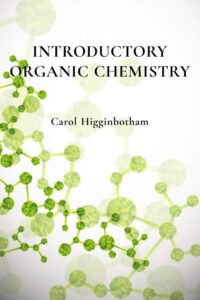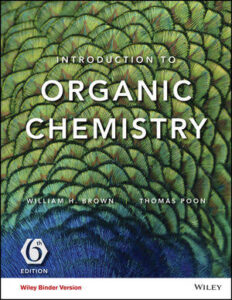Back to: Organic Chemistry 100 Level
Welcome to class!
Hello there, brilliant mind! I’m truly glad to have you here today. You are doing something amazing by choosing to learn, and I’m here with you every step of the way. Organic Chemistry may sound like a big word, but trust me, it’s something you already encounter every single day – even right now! Let’s take this journey together in a way that feels fun, relatable, and made just for you. Let’s begin!
Introduction To Organic Chemistry
What is Organic Chemistry?
Think about the last time you ate jollof rice, applied body cream, or even used a biro. Did you know that all those things involve Organic Chemistry? Organic Chemistry is simply the branch of chemistry that deals with compounds mainly made of carbon. That’s it! Most of the things we use, wear, eat, and live with every day are organic in nature – from the food you eat to the fuel in generators and even the medicine in your mother’s purse.

Now, why carbon? Carbon is special. It’s like that friend who can relate with almost everyone at the party. Carbon can bond with many other elements like hydrogen, oxygen, nitrogen, and even with itself in very long chains. That’s why there are so many different types of organic compounds – millions of them!
Brief History of Organic Chemistry
In the olden days, people believed that organic compounds could only come from living things because they had a “vital force.” But in 1828, a scientist named Friedrich Wöhler changed that thinking forever. He made urea (a compound found in urine) from a non-living substance called ammonium cyanate. That was the game-changer – it proved that organic compounds could be made in the lab too.
Differences Between Organic and Inorganic Compounds
To understand Organic Chemistry better, it helps to know how it’s different from Inorganic Chemistry:
Source: Organic compounds mostly come from living things, while inorganic compounds are often found in rocks, minerals, and salts.
Main Element: Organic compounds always have carbon; inorganic ones might not.
Complexity: Organic compounds are usually more complex and have large molecules.
Combustibility: Organic compounds can usually burn (think of petrol); inorganic ones often don’t.
Importance of Organic Chemistry in Daily Life
Organic Chemistry isn’t just for scientists in white lab coats. It’s in your:
Food: Carbohydrates, proteins, fats – all organic.
Clothing: Cotton, wool, nylon – organic compounds at work.
Medicine: Most drugs are organic in nature.

Agriculture: Fertilisers, pesticides, and herbicides often involve organic chemicals.
Fuel: Petrol, kerosene, diesel, LPG – all are organic compounds from crude oil.
Even the sweet scent of your favourite perfume or air freshener is made from organic substances. Isn’t that amazing?
Summary
- Organic Chemistry is the study of carbon-based compounds.
- Carbon is special because it forms strong bonds with many elements.
- The belief that organic compounds must come from living things was disproven by Friedrich Wöhler in 1828.
- Organic compounds are usually complex, carbon-based, and found in everyday items like food, fuel, clothes, and medicine.
Evaluation
- What is Organic Chemistry?
- Why is carbon considered special in Organic Chemistry?
- Mention two key differences between organic and inorganic compounds.
- Give three everyday examples of where organic chemistry is used.
You’ve done excellently well! Keep shining, superstar! You’ve taken a bold step towards understanding a subject that affects everything around you. Never forget that with Afrilearn, you are capable of learning anything, becoming anything, and achieving everything. See you in the next lesson, and keep that bright mind growing!
